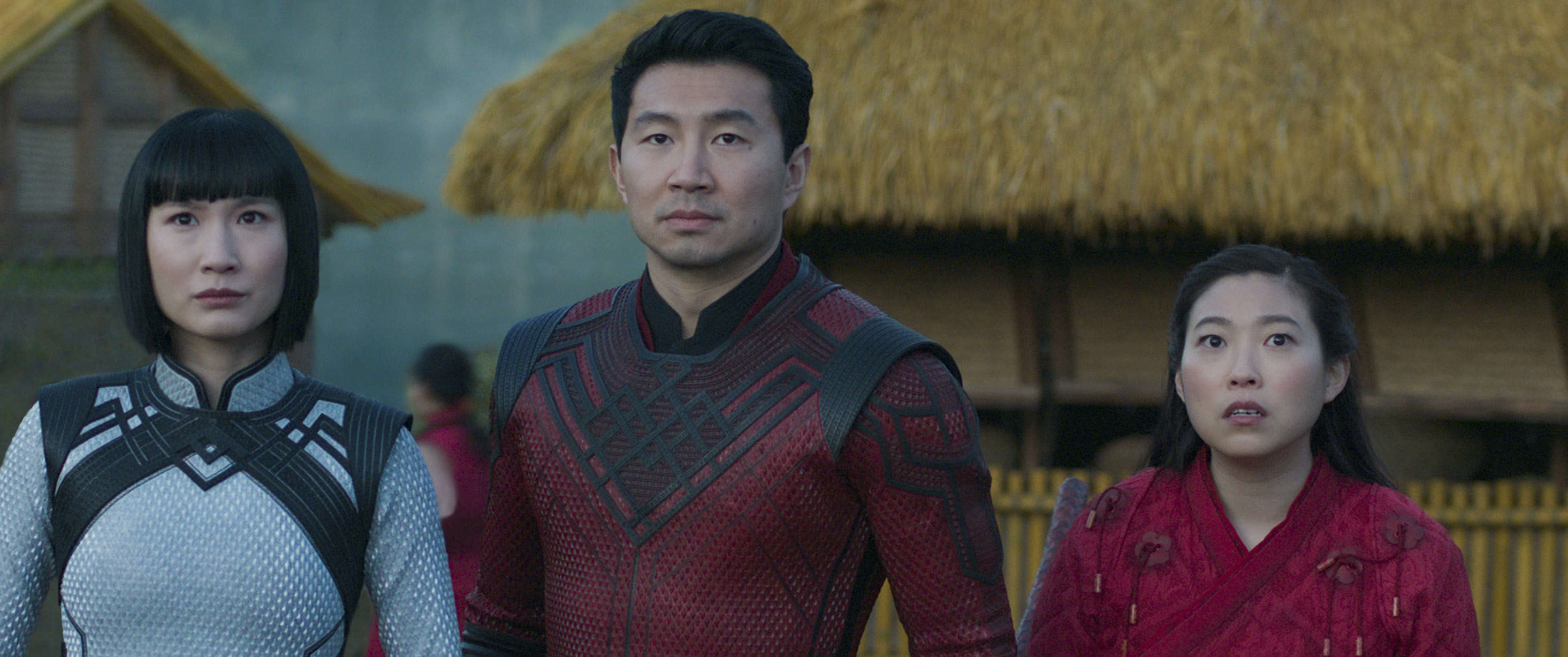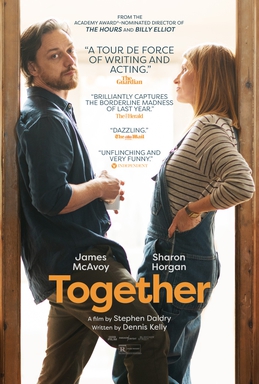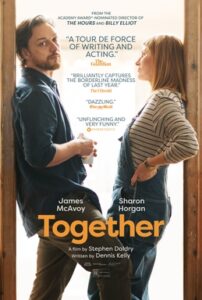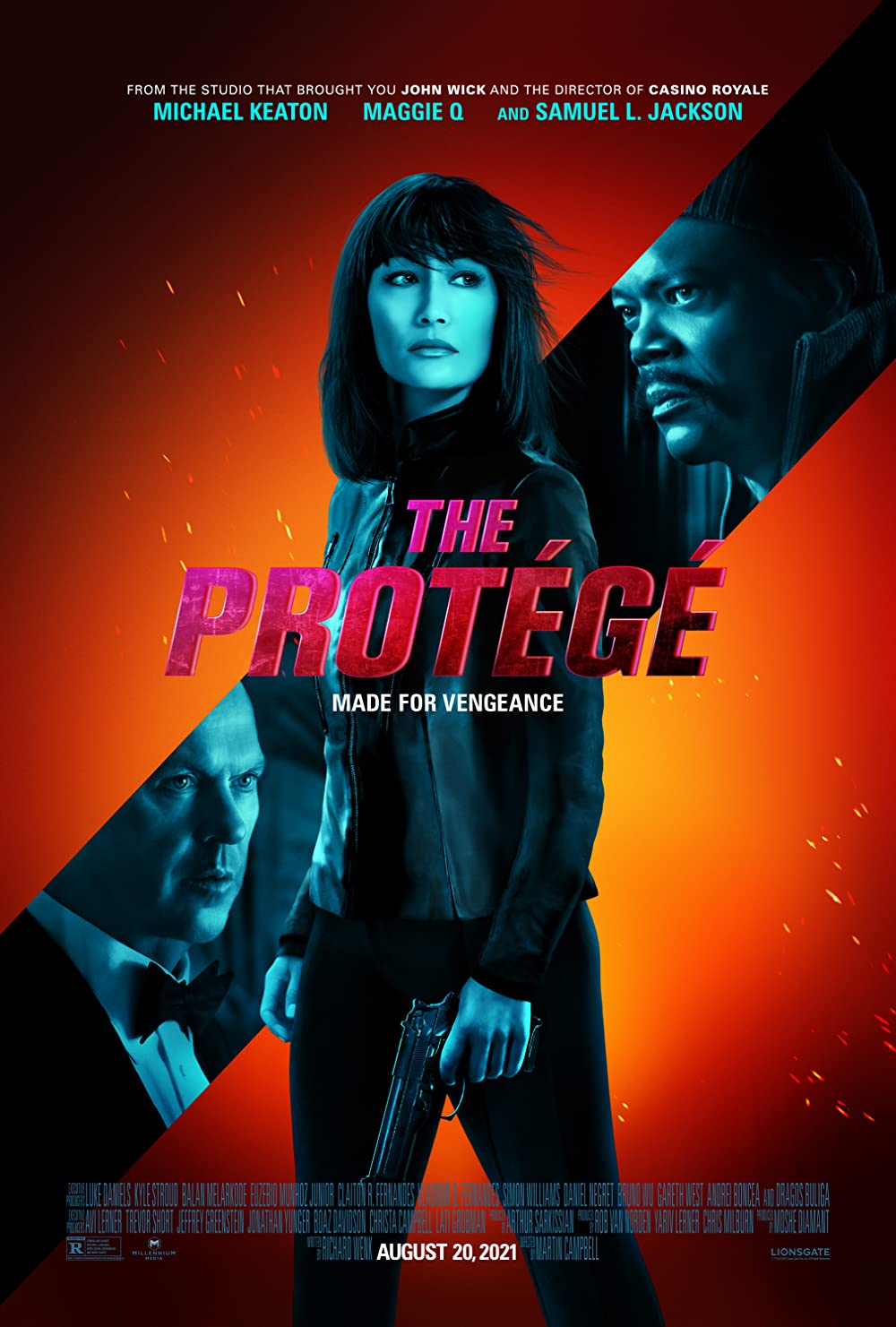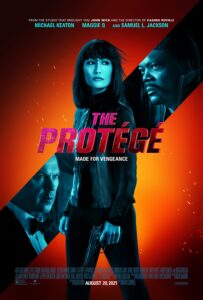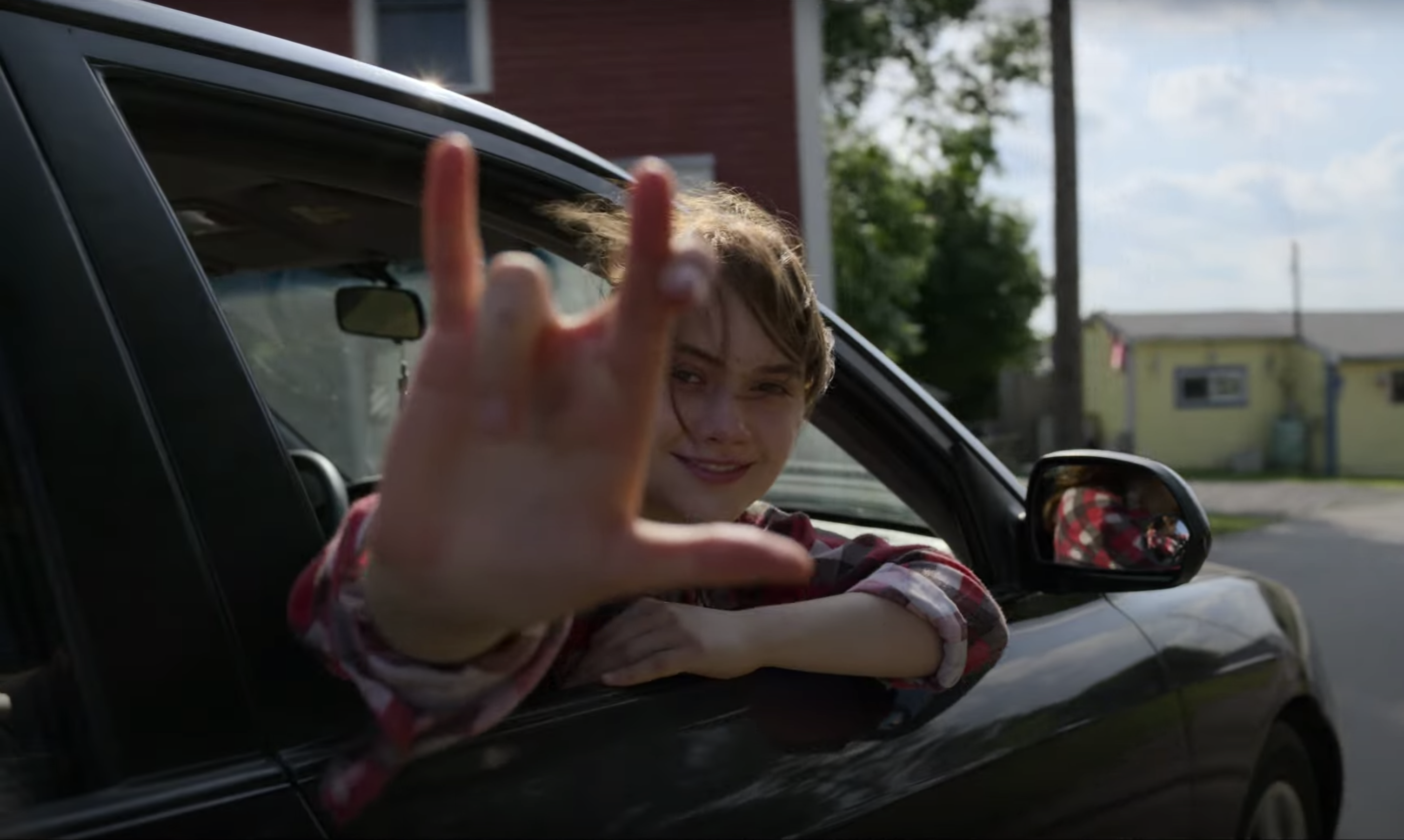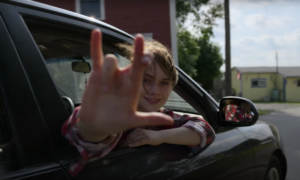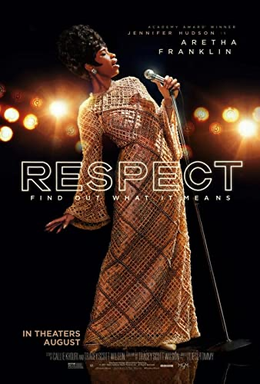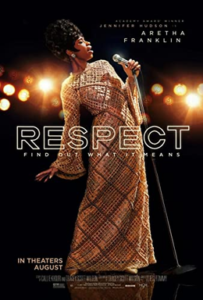Shang-Chi and the Legend of the Ten Rings
Posted on August 31, 2021 at 12:47 pm
B +| Lowest Recommended Age: | Middle School |
| MPAA Rating: | Rated PG-13 for sequences of violence and action, and language |
| Profanity: | Some strong language |
| Alcohol/ Drugs: | Some alcohol |
| Violence/ Scariness: | Extended peril and violence, martial arts, weapons, explosions, monsters, characters injured and killed |
| Diversity Issues: | Diverse characters |
| Date Released to Theaters: | September 3, 2021 |

In this version, Shang-Chi (Simu Liu) is the son of Wenwu (Chinese acting legend Tony Leung), who uses the power of 10 magic rings to cause massive death, destruction, and pillage over centuries. After they fight as she defends her community from his invasion, Wenwu falls in love with Jiang Li (Fala Chen) and for a time they have a peaceful life together, until she is murdered by Wenwu’s enemies.
Shang-Chi and his sister (Meng’er Zhang as Xialing) are raised to be warriors, knowing nothing of their father’s past. After his mother’s death and his discovery of his father’s evil actions, Shang-Chi runs away, as far as he can get from his home and family. He is working in San Francisco as a parking valet under the name Sean with his best friend Katy (the indispensable Awkwafina). They are both low key slackers who ar enjoying their lives when trouble tracks Shang-Chi down on an articulated bus, the kind with two parts connected by an accordion-like pivoting joint. In other words, it is just the place for a wow of a fight scene, and a wow is what we get. Keep an eye on the combatant with a steel blade prosthetic on his arm. That is the aptly named Razor Fist (Florian Munteanu) and we’ll be seeing a lot more of him.
The script, by director Destin Daniel Cretton along with Andrew Lanham and Dave Callaham gives emotional weight to the action with its focus on the family conflicts, especially the struggle — sometimes emotional, sometimes physical — between father and son. But first, Shang-Chi reunites with his estranged sister, involving a cage fight with a monster. Ultimately, it brings him home in a literal and emotional sense as he returns to the land his mother once guarded so bravely, Ta Lo. It is a place of peace and gentility, with the entire community devoted to keeping a powerful, evil creature imprisoned there. Wenwu’s original attack on Ta Lo was to release the monster. And now he returns, in part because one of the creature’s powers is to call out to powerful people who could release it in the voice of someone they loved and lost.
Shang-Chi, Xialing, and Katy find themselves back in Ta Lo, where their late mother’s sister Ying Nan (Michelle Yeoh) helps them create a defense to protect their home and prevent the release of the monster, leading up to a final confrontation that will involve emotional growth, strengthened connections, and a lot of marital arts fighting. Plus a monster.
The action scenes are exciting and revealing of character and the performances are excellent, especially Leung, who makes a complicated and sometimes inconsistent character layered and — for a supervillain — real. I am, as ever, impressed with Marvel’s Kevin Feige for his willingness to allow each of the Marvel characters to appear in distinctive stories across a range of tones and genres and yet somehow make them all feel like part of the same world. Shang-Chi is a welcome addition to the MCU and I look forward to seeing him interact with the other characters as they take on whatever and whoever is threatening the planet next.
Parents should know that this film has extended and sometimes graphic peril and violence with a lot of martial arts action, chases, explosions, monsters, weapons, and some disturbing images.
Family discussion: Why did Shang-Chi and Xialing respond differently to their childhood experiences? Why was she so angry with him?
If you like this, try: the other Avengers origin movies including “Iron Man,” “Ant-Man,” and “Captain America”

